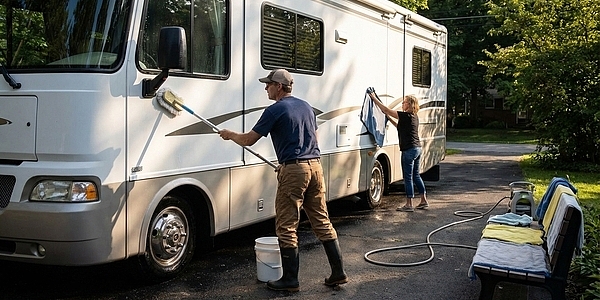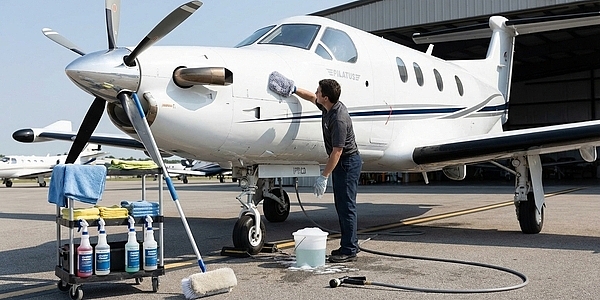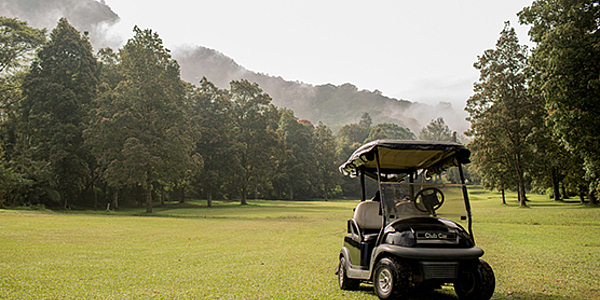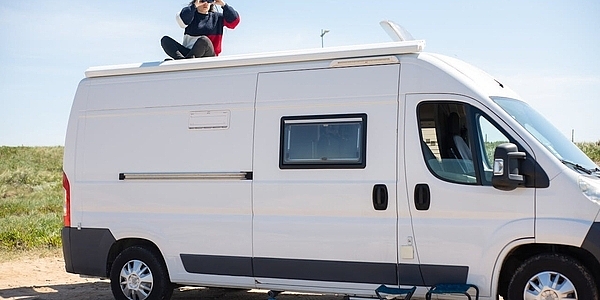By using our website, you agree to the use of cookies as described in our Cookie Policy
What Is the Difference Between Soft and Hard Water?
Imagine you're at home and your water stops flowing. You're not sure why, but you're left high and dry.
Now imagine you're one of the 72% of Americans who plan to take an RV trip this year. The same problem arises, but you're at a campsite in the woods. How are you going to get help?
The problem in both cases could come down to the hardness of your water.
What is the difference between soft and hard water? Read on to learn the answer and how it can affect RV travel.
What Is the Difference Between Soft and Hard Water?
Answering a question like "what is the difference between soft and hard water" requires answering another question. How many minerals does it contain?
Calcium and magnesium are the most common ones that get measured. You can also look at its levels of minerals such as:
- Brass
- Copper
- Iron
The fewer of these minerals there are, the softer it is. Anything above 61 mg/l or milligrams per liter of calcium carbonate is considered hard.
What Are the Benefits of Soft Water?
Hard water can cause cleaning woes such as:
- White spots on your silverware and glasses
- Soap scum in the bathroom
- Dingy or worn-out clothes
Soft water can leave a slimy residue after a shower, but it also makes them more effective. You'll get a better soap lather and less dryness.
Hard water can get stuck in your pipes, damaging your appliances and causing plumbing issues. Soft water goes through smoothly, helping them work better and last longer.
What Are the Negative Effects of Hard Water on Recreational Vehicle Plumbing?
Going on the road in an RV means you could get water from almost any source, including:
- Municipal water supplies
- Wells
- Lakes
- Streams
- Collected rainwater
Gauging the quality of all those different sources is difficult. Hard water in an RV can have dangerous consequences. The vehicle's compact PVC pipes are small and portable but easier to clog with minerals. The toilet line is especially susceptible.
What Are the Benefits of a Water Softening System?
An RV water softener improves the quality of your water. It uses an ion exchange to get the minerals out. This turns hard water back into soft water.
Mineral-laced water flows into a tank that contains positively charged sodium ions. They attract the negatively charged ions in the minerals. This removes them and lets soft water flow out.
The benefits of a portable water softening system for any recreational vehicle can't be understated. It's convenient because you won't have to worry about the quality of any water source. It keeps your pipes running smoothly, preventing costly repairs. It also lets you enjoy smoother, more effective showers and keeps your surfaces and clothes clean.
Where Can I Get a Water Softening System?
What is the difference between soft and hard water? It all comes down to the mineral content. High mineral levels in hard water can leave behind residues and hurt your plumbing.
MiSTiC Marine specializes in the original Wet Spot portable water softening system. We offer products for yachts, motor homes, and airplanes. View our inventory today.
‹ Back











